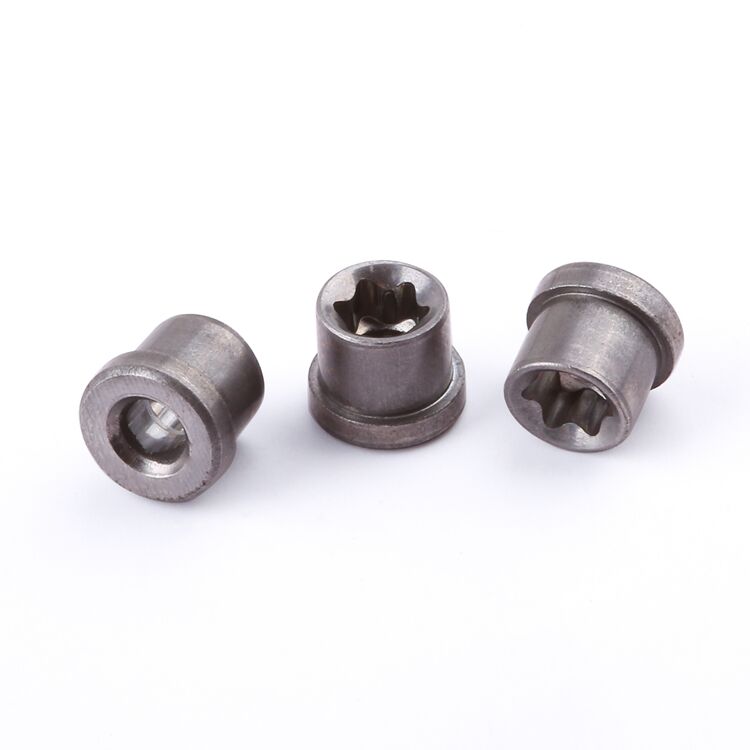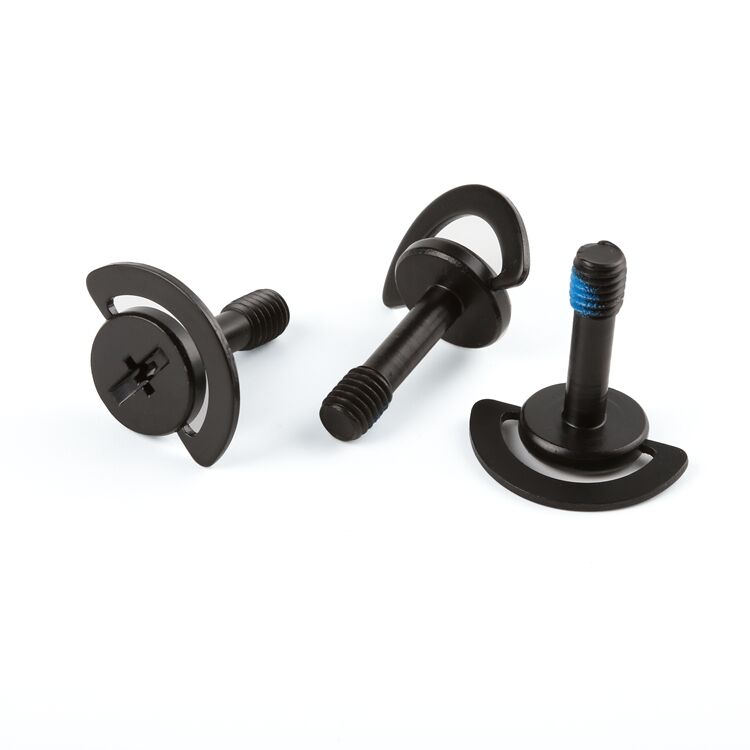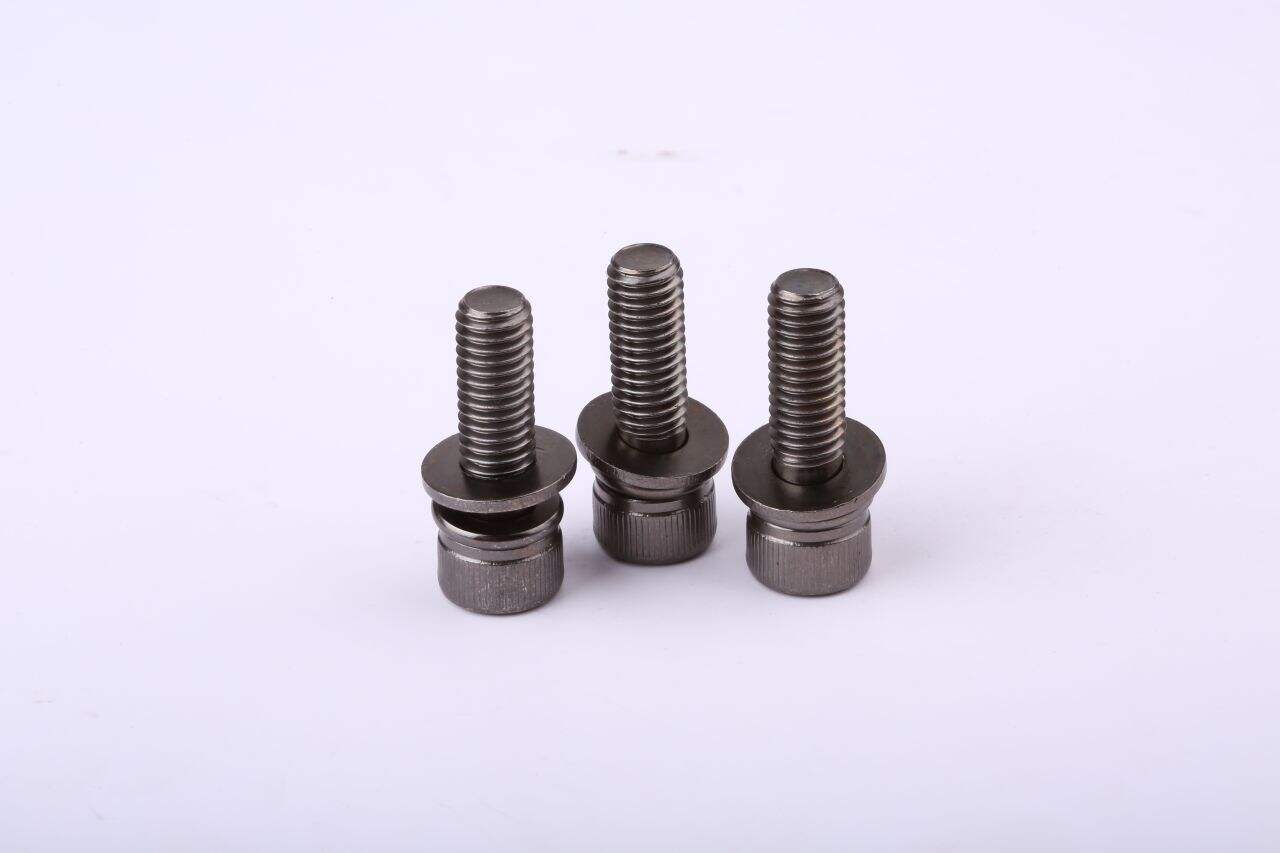Plastic self-tapping screws are essential tools for building, both professionally and as a hobby, or from home. Plastic Joining Screws: These screws are ideal for a strong adhesion of plastic body components. One of the companies that produces these handy screws is DG Guyi. They strive to assist their clients in achieving the most appropriate end results in their projects. In this piece we will discuss how useful these screws are and why they are so important as well as some information on how to use them when working with your own projects.
Self tapping screws for plastic are one of the most versatile types of screws available as there are a number of different applications where they can be used. They are also used for fusing different types of plastic material. These bolts help you to join thick plastic and thin plastic, if your project involves both types, you are likely to use these screws. The screw threads — the spirals on the screws — sink into the plastic as you turn them, creating a solid, permanent lock. This guarantees your project will remain cohesive for decades. In other words, these screws are great for projects where you may need to keep taking something apart, and putting it together again. This is one of the reasons they are used in a variety of industries, like automotive (cars), aerospace (airplanes), and electronics (gadgets and devices).
So get those self-tapping screws for plastic but make sure that they are the right type as choosing the wrong type can lead to a less safe and strong product. Using the wrong screws — even on accident — can lead to weak connections. Loose connections may lead to issues ranging from damaged goods to personal injury. Which is why you need to select screws designed specifically for plastics. Screw companies, like DG Guyi, ensure their screws are designed specifically for this reason. When you do the screws are correct, you can be sure they will perform great in your project. If you’re not sure what screws to use, it can also be helpful to consult with an expert who can help you along the way! They get you the most suitable screws according to your requirements.
Compared to other methods of joining plastics, such as nails, bolts, or adhesive, self-tapping screws for plastics have many advantages. The primary benefit is that they foster a much deeper relationship. This tight connection is much less likely to shake free with time, meaning that your projects will be stable and secure. Moreover, self-tapping screws hold better in shaking conditions. This is especially crucial with projects for machines or equipment that has a lot of movement. They also help things stay in place, despite anything that may shake or vibrate. Also, if you need to disassemble something for the sake of working on it, a self-tapping screw makes that easy to do. And you can take your project apart, and put it back together, fairly easily.

It's easy enough to use self-tapping screws for plastic — you just need to: The following are easy to remember and will help you do your projects right:

Important: Remember that self-tapping screws might not be compatible with all types of plastic. Various fasteners may be needed for some plastics If you’re not sure, it’s a good idea to consult an expert to find out if these screws are appropriate for your project.

The self-tapping crew will cut into the plastic that its installed with as it goes in. The screws grip the plastic themselves through the threads. The screw holds in place because it creates a threaded hole as the screw finshes inside. It creates a bond that is not easily released over time. They are the most inner (shown) self-tapping screws for plastic produced by DG Guyi. These are available in various types of threads, lengths, and sizes to suit a wide range of projects and applications. There is a wide variety so you can choose any of the screws that suit your needs.


